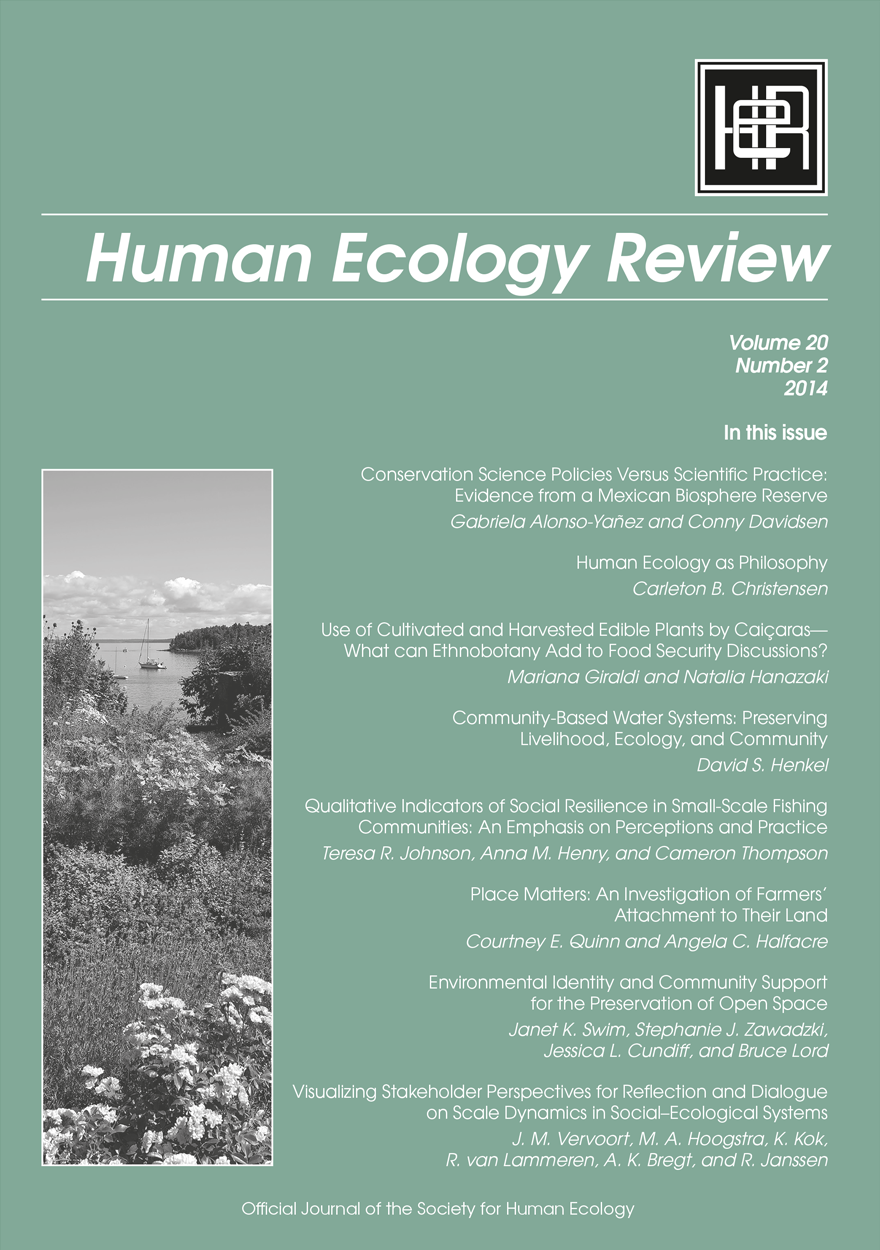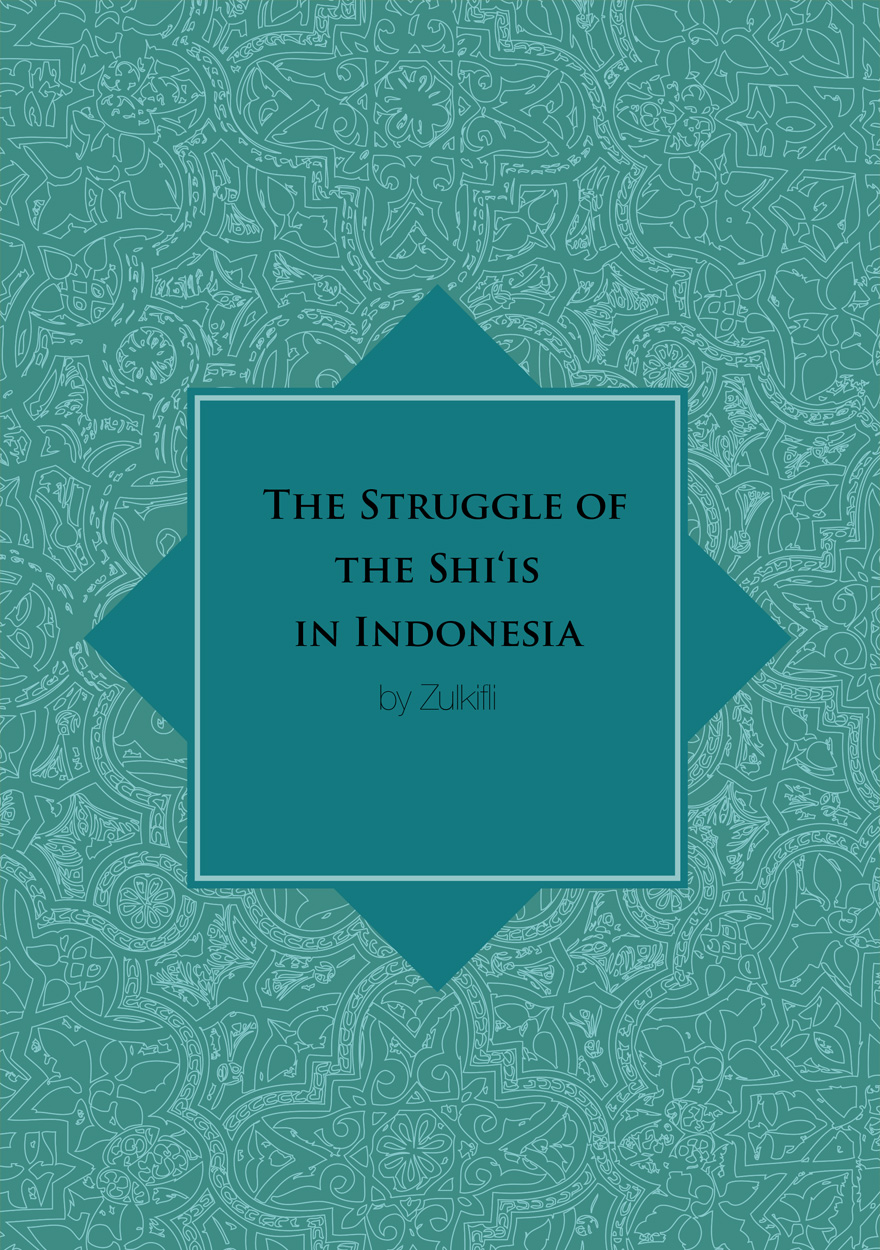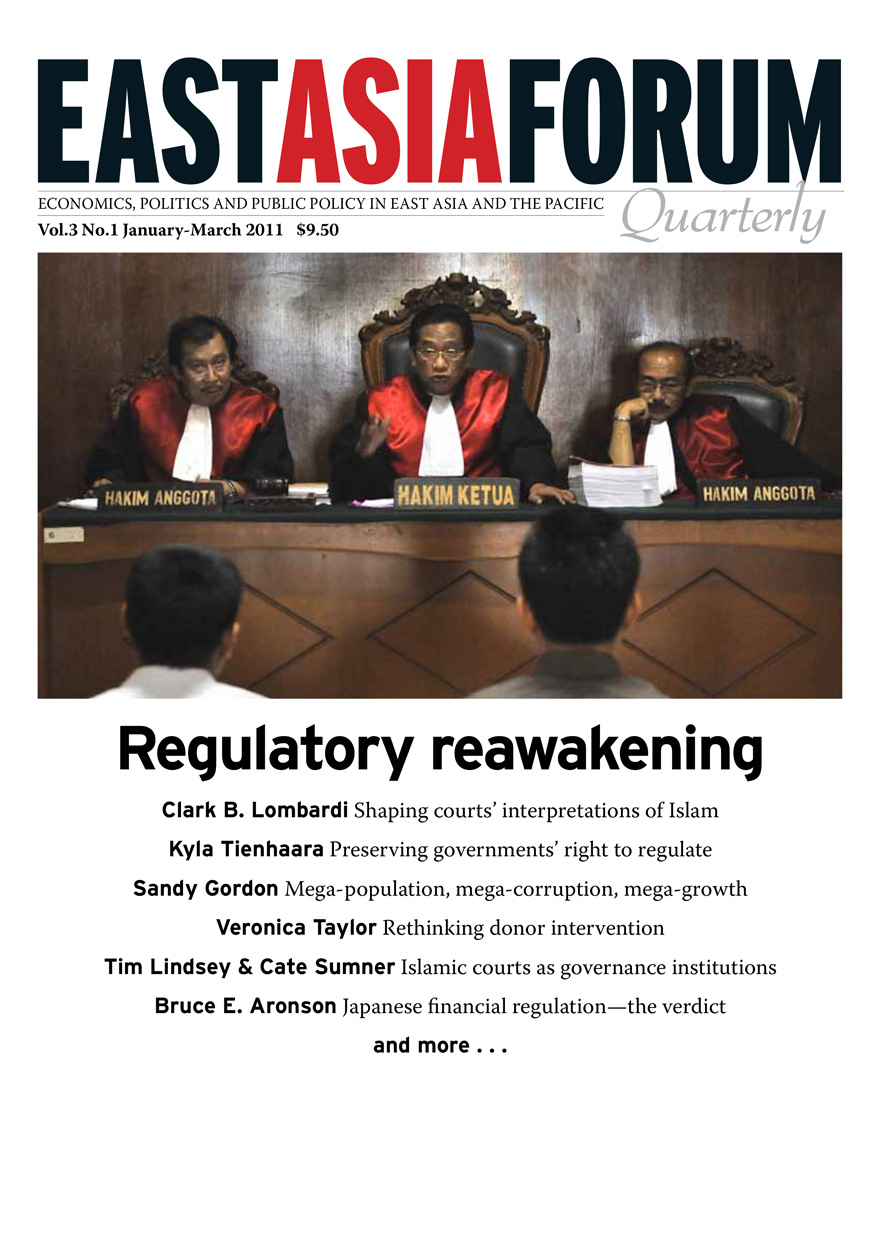Search titles
Displaying results 31 to 40 of 59.

Human Ecology Review: Volume 20, Number 2 »
Publication date: September 2014
Human Ecology Review is a semi-annual journal that publishes peer-reviewed interdisciplinary research on all aspects of human–environment interactions (Research in Human Ecology). The journal also publishes essays, discussion papers, dialogue, and commentary on special topics relevant to human ecology (Human Ecology Forum), book reviews (Contemporary Human Ecology), and letters, announcements, and other items of interest (Human Ecology Bulletin). Human Ecology Review also publishes an occasional paper series in the Philosophy of Human Ecology and Social–Environmental Sustainability.
Download for free
Not available for purchase

Hesychasm and Art »
The Appearance of New Iconographic Trends in Byzantine and Slavic Lands in the 14th and 15th Centuries
Authored by: Dr Anita Strezova
Publication date: September 2014
“Although many of the iconographic traditions in Byzantine art formed in the early centuries of Christianity, they were not petrified within a time warp. Subtle changes and refinements in Byzantine theology did find reflection in changes to the iconographic and stylistic conventions of Byzantine art.
This is a brilliant and innovative book in which Dr Anita Strezova argues that a religious movement called Hesychasm, especially as espoused by the great Athonite monk St Gregory Palamas, had a profound impact on the iconography and style of Byzantine art, including that of the Slav diaspora, of the late Byzantine period. While many have been attracted to speculate on such a connection, none until now has embarked on proving such a nexus. The main stumbling blocks have included the need for a comprehensive knowledge of Byzantine theology; a training in art history, especially iconological, semiotic and formalist methodologies; extensive fieldwork in Macedonia, Bulgaria, Serbia, Greece, Turkey and Russia, and a working knowledge of Greek, Old Church Slavonic, Macedonian, Russian, Serbian, Latin as well as several modern European languages, French, German, Russian and Italian. These are some of the skills which Dr Strezova has brought to her topic.”
Professor Sasha Grishin AM, FAHA
Adjunct Professor of Art History
School of Literature, Languages and Linguistics
The Australian National University

On the Dual Uses of Science and Ethics »
Principles, Practices, and Prospects
Edited by: Brian Rappert, Michael J. Selgelid
Publication date: December 2013
Claims about the transformations enabled by modern science and medicine have been accompanied by an unsettling question in recent years: might the knowledge being produced undermine – rather than further – human and animal well being? On the Dual Uses of Science and Ethics examines the potential for the skills, know-how, information, and techniques associated with modern biology to serve contrasting ends. In recognition of the moral ambiguity of science and technology, each chapter considers steps that might be undertaken to prevent the deliberate spread of disease. Central to achieving this aim is the consideration of what role ethics might serve. To date, the ethical analysis of the themes of this volume has been limited. This book remedies this situation by bringing together contributors from a broad range of backgrounds to address a highly important ethical issue confronting humanity during the 21st century.

The Struggle of the Shi‘is in Indonesia »
Authored by: Zulkifli
Publication date: November 2013
The Struggle of the Shi‘is in Indonesia is a pioneering work. It is the first comprehensive scholarly examination in English of the development of Shiism in Indonesia. It focuses primarily on the important period between 1979 and 2004 – a period of nearly a quarter of a century that saw the notable dissemination of Shi’i ideas and a considerable expansion of the number of Shi’i adherents in Indonesia. Since Islam in Indonesia is overwhelmingly Sunni, this development of Shiism in a predominantly Sunni context is a remarkable phenomenon that calls for careful, critical investigation. There is also an important examination of the principal ideas underlying the Madhab Ahl al-Bayt, the Imamate and Imam Madhi, Ja‘fari jurisprudence and ritual piety. Appropriately, in his discussion, Zulkifli provides a succinct outline of contrasts with Sunni ideas and practice. He also examines the publishing efforts that underpinned the dissemination of Shi’i ideas and the founding of IJABI (Ikatan Jamaah Ahlul Bait Indonesia) in July 2000 for the propagation of Ahl al-Bayt teachings. Given the Indonesian context, Zulkifli is also concerned with Sunni reactions to these Shi’i developments – a story that continues to unfold to the present. This book as a work of great value and significance for the continuing understanding of the richness and complexity of Indonesian Islam.

Professionalism in the Information and Communication Technology Industry »
Edited by: John Weckert, Richard Lucas
Publication date: October 2013
Professionalism is arguably more important in some occupations than in others. It is vital in some because of the life and death decisions that must be made, for example in medicine. In others the rapidly changing nature of the occupation makes efficient regulation difficult and so the professional behaviour of the practitioners is central to the good functioning of that occupation. The core idea behind this book is that Information and Communication Technology (ICT) is changing so quickly that professional behaviour of its practitioners is vital because regulation will always lag behind.

Pacific Missionary George Brown 1835–1917 »
Wesleyan Methodist Church
Authored by: Margaret Reeson
Publication date: April 2013
George Brown (1835-1917) was many things during his long life; leader in the Wesleyan Methodist Church in Australasia, explorer, linguist, political activist, apologist for the missionary enterprise, amateur anthropologist, writer, constant traveller, collector of artefacts, photographer and stirrer. He saw himself, at heart, as a missionary. The islands of the Pacific Ocean were the scene of his endeavours, with extended periods lived in Samoa and the New Britain region of today’s Papua New Guinea, followed by repeated visits to Tonga, Fiji, the Milne Bay region of Papua New Guinea and the Solomon Islands. It could be argued that while he was a missionary in the Pacific region he was not a pacific missionary. Brown gained unwanted notoriety for involvement in a violent confrontation at one point in his career, and lived through conflict in many contexts but he also frequently worked as a peace maker. Policies he helped shape on issues such as church union, indigenous leadership, representation by lay people and a wider role for women continue to influence Uniting Church in Australia and churches in the Pacific region. His name is still remembered with honour in several parts of the Pacific. Brown’s marriage to Sarah Lydia Wallis, daughter of pioneer missionaries to New Zealand, was long and rich. Each strengthened the other and they stand side by side in this account.

Australia: Identity, Fear and Governance in the 21st Century »
Edited by: Juliet Pietsch, Haydn Aarons
Publication date: November 2012
The latter years of the first decade of the twenty-first century were characterised by an enormous amount of challenge and change to Australia and Australians. Australia’s part in these challenges and changes is borne of our domestic and global ties, our orientation towards ourselves and others, and an ever increasing awareness of the interdependency of our world. Challenges and changes such as terrorism, climate change, human rights, community breakdown, work and livelihood, and crime are not new but they take on new variations and impact on us in different ways in times such as these.
In this volume we consider these recent challenges and changes and how Australians themselves feel about them under three themes: identity, fear and governance. These themes suitably capture the concerns of Australians in times of such change. Identity is our sense of ourselves and how others see us. How is this affected by the increased presence of religious diversity, especially Islamic communities, and increased awareness of moral and political obligations towards Indigenous Australians? How is it affected by our curious but changing relationship with Asia? Fear is an emotional reaction to particular changes and challenges and produces particular responses from individuals, politicians, communities and nations alike; fear of crime, fear of terrorism and fear of change are all considered in this volume.

The Eye of the Crocodile »
Edited by: Lorraine Shannon
Authored by: Val Plumwood
Publication date: November 2012
Val Plumwood was an eminent environmental philosopher and activist who was prominent in the development of radical ecophilosophy from the early 1970s until her death in 2008. Her book Feminism and the Mastery of Nature (1992) has become a classic.
In 1985 she was attacked by a crocodile while kayaking alone in the Kakadu national park in the Northern Territory. She was death rolled three times before being released from the crocodile’s jaws. She crawled for hours through swamp with appalling injuries before being rescued. The experience made her well placed to write about cultural responses to death and predation.
The first section of The Eye of the Crocodile consists of chapters intended for a book on crocodiles that remained unfinished at the time of Val’s death. The remaining chapters are previously published papers brought together to form an overview of Val’s ideas on death, predation and nature.

Security and Privacy »
Global Standards for Ethical Identity Management in Contemporary Liberal Democratic States
Authored by: John Kleinig, Peter Mameli, Seumas Miller, Douglas Salane, Adina Schwartz
Publication date: December 2011
This study is principally concerned with the ethical dimensions of identity management technology – electronic surveillance, the mining of personal data, and profiling – in the context of transnational crime and global terrorism. The ethical challenge at the heart of this study is to establish an acceptable and sustainable equilibrium between two central moral values in contemporary liberal democracies, namely, security and privacy. Both values are essential to individual liberty, but they come into conflict in times when civil order is threatened, as has been the case from late in the twentieth century, with the advent of global terrorism and trans-national crime.
We seek to articulate legally sustainable, politically possible, and technologically feasible, global ethical standards for identity management technology and policies in liberal democracies in the contemporary global security context. Although the standards in question are to be understood as global ethical standards potentially to be adopted not only by the United States, but also by the European Union, India, Australasia, and other contemporary liberal democratic states, we take as our primary focus the tensions that have arisen between the United States and the European Union.

East Asia Forum Quarterly: Volume 3, Number 1, 2011 »
Publication date: April 2011
East Asia Forum Quarterly grew out of East Asia Forum (EAF) online, which has developed a reputation for providing a platform for the best in Asian analysis, research and policy comment on the Asia Pacific region in world affairs. EAFQ aims to provide a further window onto research in the leading research institutes in Asia and to provide expert comment on current developments within the region. The East Asia Forum Quarterly, like East Asia Forum online, is an initiative of the East Asia Forum (EAF) and its host organisation, the East Asian Bureau of Economic Research (EABER) in the Crawford School of Economics and Government in the College of Asia & the Pacific at The Australian National University.
Download for free
Not available for purchase



